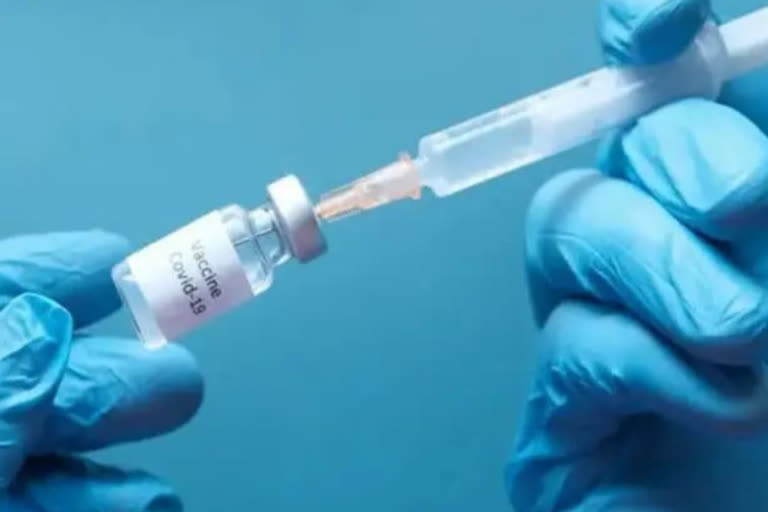New Delhi: Admitting the fact that free booster doses have enhanced the booster dose uptake, a Parliamentary Committee on Health and Family Welfare has suggested to the government to extend the 75 days window and make the precautionary dose free for all so that complete vaccination of all can be ensured.
“There has been a considerable increase in the administration of the booster doses since the dose was made free. As per the estimates of the Government, the 7-day rolling average of booster dose administration increased from 0.14 million on April 16 to 2.20 million on July 23, 2022,” the committee headed by Rajya Sabha MP Prof Ram Gopal Yadav said in its latest report.
Starting on July 15, the free booster dose for 18 years and above age group will continue till September 30.
The Committee further notes that the ease of access to vaccination sites also has a major role to play in the increase in vaccination rate. “The Ministry should increase the Government Covid Vaccination centers across all the States and UTs,” the committee said.
The Committee is also concerned at the general prevalence of complacency in the healthcare workers as well as the public towards booster doses. The Committee strongly recommends the Ministry work towards increasing awareness regarding the precautionary dose among the public, particularly among the immune-compromised and people with co-morbidities.
The Committee has also drawn attention to the fact that there has been complacency about taking the booster dose in the public. “It is understood that even among the health care workers almost 37.3 percent have missed their shots at a six-month gap. The absolute number of healthcare workers who are late for boosters is 2.97 million. 24.6 percent of eligible frontline workers are late for boosters by more than nine months,” the committee said in its report.
Also Read: New cases of severe long COVID appear to be dropping and vaccination is probably key
The committee in its findings further said that although vaccination rollout prioritized frontline health workers, who were largely women when the vaccination drive opened for the larger public, data revealed that women seemed to be lagging far behind in comparison to men.
It said that in July 2021, Cowin data revealed that only 867 women were vaccinated as compared to 1000 men. Out of the 309 million Covid19 vaccines delivered since January 2021, only 143 million were given to women as compared to 167 million given to men. This gender gap was worrying as it was far greater than 6 percent.
The Committee notes that as per the Government official data a total of 1.99 billion doses have been administered in the country till mid-July, 2022. Out of the total doses, 988 million doses have been given to males and 950 million doses to women leading to a difference of over 38 million doses.
“This gender gap in vaccinations is not only attributed to the skewed sex ratio in the country but also to several underlying gender inequality-related issues such as limited mobility to reach health facilities or vaccination sites, restricted decision-making power in health seeking, limited access to and control over resources needed for advancing their health, including access to smartphones, internet for information about vaccines and vaccine safety, rumors and misconceptions about vaccine safety and lack of clinical trial data on pregnant and lactating women,” the committee pointed out.
It further said that the digital divide and the requirement of registering on the Cowin platform also make it difficult for women to access vaccinations. “Vaccine hesitancy is higher among women than men. Rumors like women should not take Covid-19 vaccines during menstruation or that vaccine will affect fertility might have also deterred women from coming forward to take vaccines,” the report pointed out.
Following the fact that women have no access to the internet or any digital tool and her high dependence on the male member of the family for any information further widens the gender gap in vaccination, the Committee suggested more massive awareness campaigns, especially in regions with a poor rate of vaccination among women.
